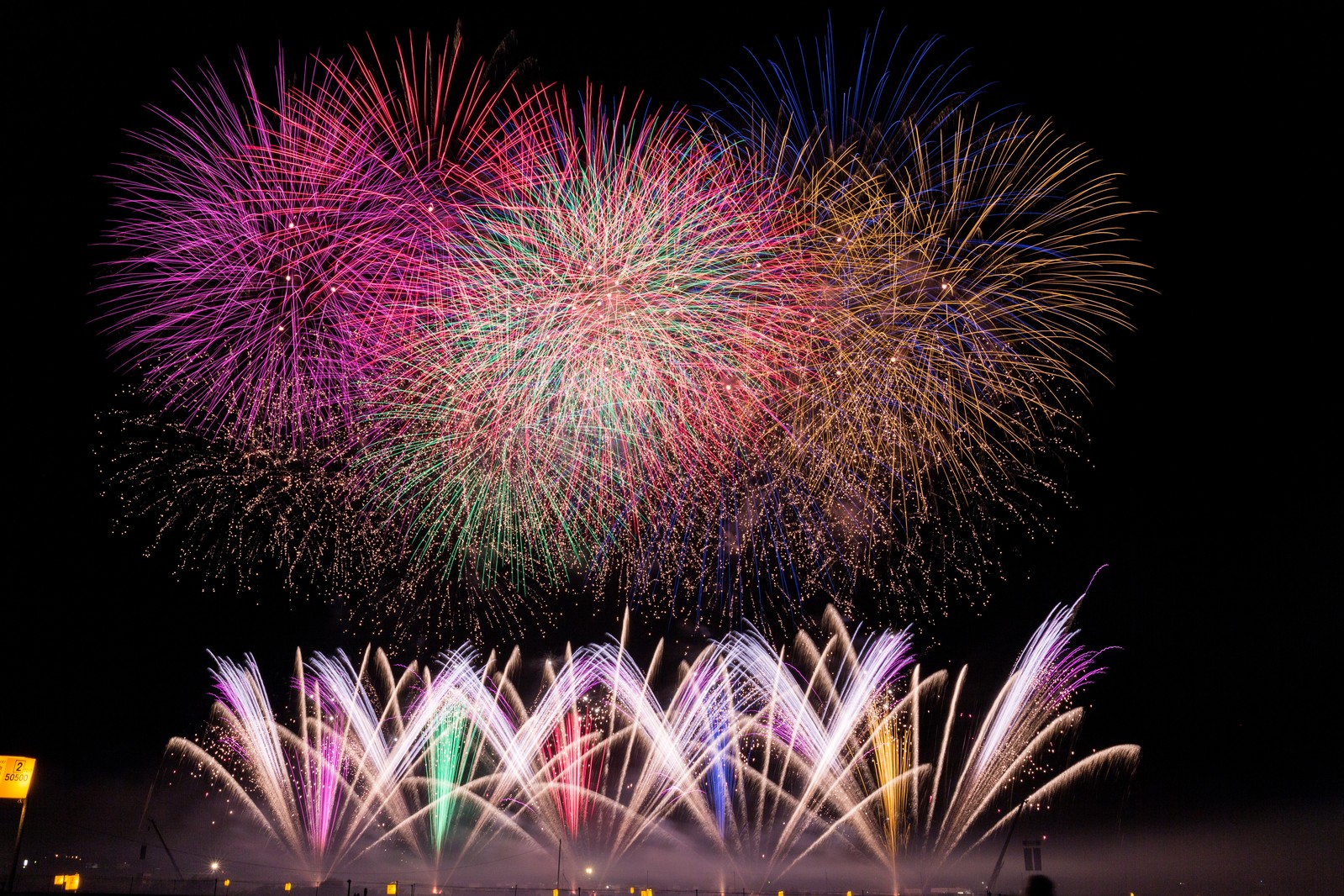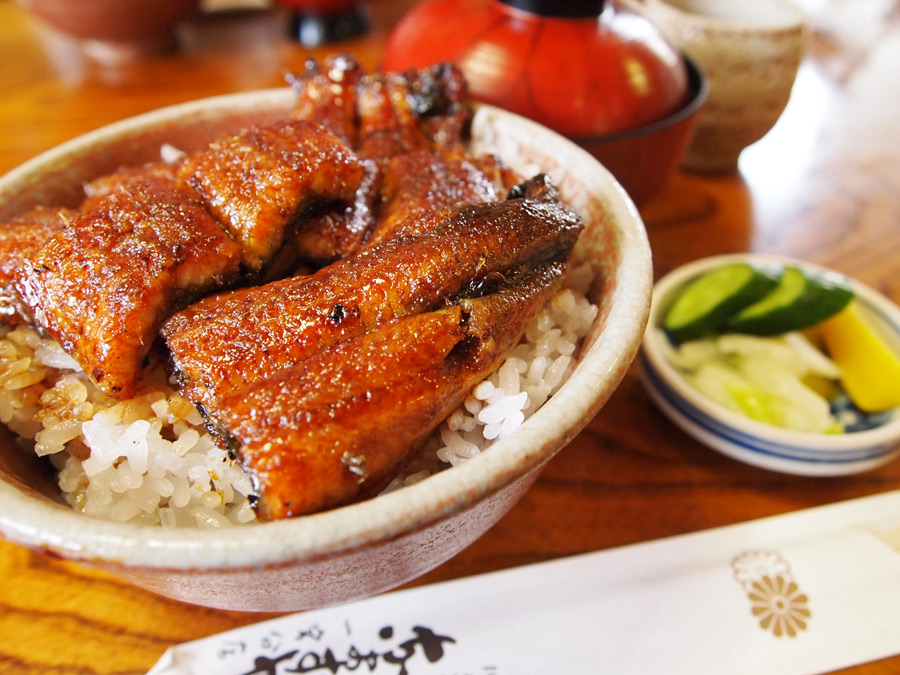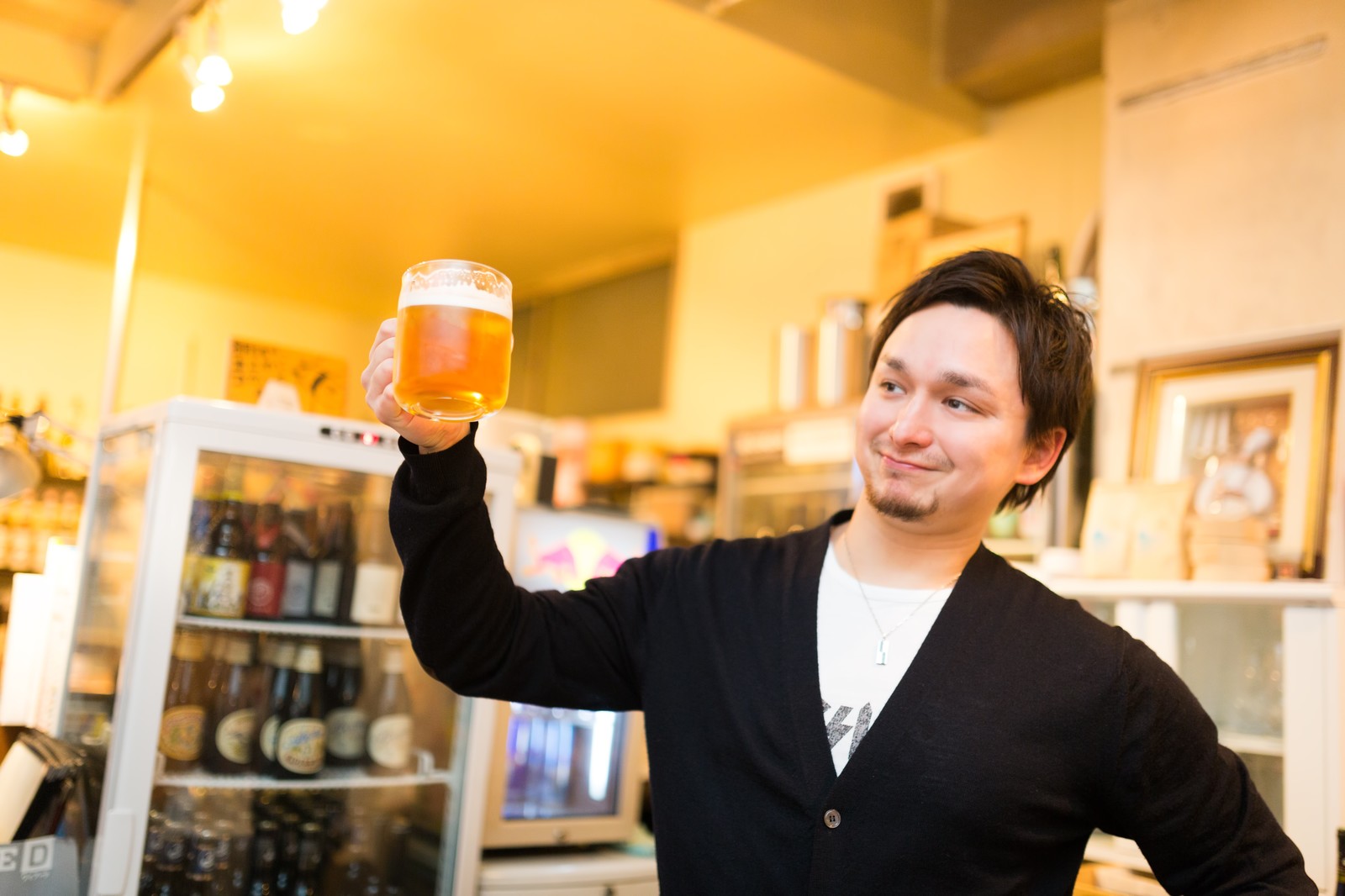
From love hotels in summer to the history of fireworks, these juicy bits of information amaze even Japanese people.
Whether it’s personal chopsticks or squat toilets, Japan never ceases to amaze us with its myriad of strange customs. It may seem like a gigantic amusement park for us foreigners, but Japan also has a few things that surprise even its citizens.
Here are five little-known facts of Japanese society, sourced from Twitter users across the country and collated by Japanese site Naver Matome:
#1. Love hotels in summer see a spike in customers
・夏休み期間のラブホ
— 上野_ラブホスタッフ (@meguro_staff) July 21, 2017
大学生→非常に増える
高校生→増えるので断るのが大変
不倫→子供が家にいるので、家で浮気が出来なくなった方が来店される。しかし子供のため家にいなくてはいけない方の不倫が減るため、あまり変わらない
社会人カップル→残念がら変わらない…休みがない…
A Japanese love hotel staff member claims that his establishment’s customer demographic changes when summer vacation rolls around in August, with a noticeably large increase in university students. Cheating spouses also contribute to the spike in customers, as they can’t possibly do the dirty at home without getting caught by the kids who are usually at school.
#2. Saizeriya pays well
https://twitter.com/kamei8180/status/889175282120138752Saizeriya is a Japanese chain of family-style Italian restaurants, serving a large selection of affordable pizzas and pastas. According to an ex-staff member who was employed at its head office, it’s also apparently one of the best companies to work for due to competitive salaries and first-rate employee welfare. Employees in their early thirties stand to receive bonuses three times a year (one of which can be a stock option), with annual salaries reportedly surpassing 10 million yen (US$90,451).
#3. The spectacular fireworks display at Sumida River paints a grim story
Fireworks are a summer staple in Japan, and one of the largest events is held at Tokyo’s Sumida River. Attracting countless spectators every year, this thunderous display of vivid colors is a joyous one. Beneath this celebration, however, lies a grim story.
In ancient Japan, such fireworks were launched during festivals to commemorate the dead. Famine and plague took many lives, and beautiful explosions in the night sky were a way to lift people’s spirits and bid farewell to the departed.
テレビで花火大会中継を視ていたら母が「隅田川とか言問橋とか聞くと未だにゾッとする」と言い出した。「橋の欄干に小さく焼き付いたたくさんの人の手を思い出す」と。東京大空襲の記憶だ。
— みゆうのすけ(PUI PUI) (@miyuu753315) July 29, 2017
隅田川花火大会のルーツは飢饉や疫病で亡くなった方の鎮魂のための慰霊祭だそうだ。平和が続く事を祈る。
For some people, like the mother of the Twitter user above, it is a terrifying reminder of the air raids Tokyo suffered during World War II. She recalled that the fires of the razed city were so hot that people burned their hands against the bridges’ railings.
#4. Unagi tasted terrible back in the old days
Grilled unagi (freshwater eel) is a delicacy in Japan, often consumed during summer to restore vitality. The meat boasts an exquisite nutty flavor that pairs perfectly with the rich and sweet soy sauce.
余談ですけど、昔ウナギは調味料が悪くまずい魚だったそうです。ぶつ切りにして、山椒味噌で食べる方法でぬるぬるが臭くて濃口醤油が誕生するまで下品な魚だったそうです。
— 西 貢央 (@nishiyakumo24) July 26, 2017
According to @nishiyakumo24, however, it wasn’t so tasty back in ancient Japan, as the people had yet to fully unlock its culinary potential. The eel was chopped up and eaten with miso and Japanese peppers. Even though it was as nutritious as it is today, back then it was a slimy, putrid mess in a bowl.
#5. Kansai nomikai is an art
The Japanese nomikai (drinking party) is like a business party with colleagues, usually held at an izakaya tavern after work-hours, with alcohol to loosen everyone up. Formalities like speeches are the norm, but when folks from the Kansai region gather for a nomikai, things take a wild turn as described by one Japanese Twitter user:
なので「近況報告や、意見交換をしよう」と思って関西人の飲み会に参加すると怪我をします。
— 塩谷 舞 mai shiotani (@ciotan) August 4, 2017
バレーボールの試合に出る気合いで参加すべきです。サーブ、レシーブ、トス、アタックの順番で会話を進めて大爆笑。ボールを落とすと仲間からも大ブーイング。素人がアタックを打とうとすると大怪我します
“When it’s a nomikai full of Kansai people, it’s more about humor dispensed at a steady pace than it is about discussing business. Everyone is laughing and jokes are quickly doled out in spades; there’s a lot of talking but nothing gets done. A lot of nomikai end up like that.
As such, if you were thinking of reporting sales contributions or exchanging opinions, you will get hurt. You should participate in the nomikai as if you were entering a volleyball competition. Follow the order of serving, receiving, tossing, and attacking for maximum laughter. Friends will jeer when the ball is dropped, and amateurs who retaliate an attack will get their butts handed back to them.”
That sounds like an incredibly fun party! So drink, make merry, don’t talk about business, offer a topic as bait and let someone else pounce on it with humor. Oh and don’t drop the ball. You have to hand it to Kansai people for making these drinking parties awesome.
There are certainly more interesting tidbits of information out there, but it’s usually passed on to others through word of mouth. Perhaps it stands to reason then, that most Japanese are unaware of the unspoken rules of eating Japanese food.
Source: Twitter/@meguro_staff, Twitter/@kamei8180, Twitter/@miyu753315, Twitter/@nishiyakumo24, Twitter/@ciotan via Naver Matome
Top image: Pakutaso
Insert images: Pakutaso (1,2), GAHAG




 Highest Starbucks in Japan set to open this spring in the Tokyo sky
Highest Starbucks in Japan set to open this spring in the Tokyo sky Tokyo Skytree turns pink for the cherry blossom season
Tokyo Skytree turns pink for the cherry blossom season Japan has trams that say “sorry” while they ride around town…but why?
Japan has trams that say “sorry” while they ride around town…but why? Skyscraper sized Pokémon cards to appear in Tokyo all year long in Tocho projection mapping event
Skyscraper sized Pokémon cards to appear in Tokyo all year long in Tocho projection mapping event It’s like the samurai era never ended at this beautiful Japanese mountain town
It’s like the samurai era never ended at this beautiful Japanese mountain town Highest Starbucks in Japan set to open this spring in the Tokyo sky
Highest Starbucks in Japan set to open this spring in the Tokyo sky Tokyo Skytree turns pink for the cherry blossom season
Tokyo Skytree turns pink for the cherry blossom season Japan has trams that say “sorry” while they ride around town…but why?
Japan has trams that say “sorry” while they ride around town…but why? Skyscraper sized Pokémon cards to appear in Tokyo all year long in Tocho projection mapping event
Skyscraper sized Pokémon cards to appear in Tokyo all year long in Tocho projection mapping event It’s like the samurai era never ended at this beautiful Japanese mountain town
It’s like the samurai era never ended at this beautiful Japanese mountain town Yakuzen ramen restaurant in Tokyo is very different to a yakuza ramen restaurant
Yakuzen ramen restaurant in Tokyo is very different to a yakuza ramen restaurant Shibuya Station’s Hachiko Gate and Yamanote Line stairway locations change next month
Shibuya Station’s Hachiko Gate and Yamanote Line stairway locations change next month The 10 most annoying things foreign tourists do on Japanese trains, according to locals
The 10 most annoying things foreign tourists do on Japanese trains, according to locals Norwegian rocker with insane vocal range covers anime songs and more【Videos】
Norwegian rocker with insane vocal range covers anime songs and more【Videos】 Tokyo train little luxury showdown – Green Car vs. Kaiji, which is more comfortable?
Tokyo train little luxury showdown – Green Car vs. Kaiji, which is more comfortable? Starbucks Japan releases new sakura goods and drinkware for cherry blossom season 2026
Starbucks Japan releases new sakura goods and drinkware for cherry blossom season 2026 Naruto and Converse team up for new line of shinobi sneakers[Photos]
Naruto and Converse team up for new line of shinobi sneakers[Photos] Is Sapporio’s Snow Festival awesome enough to be worth visiting even if you hate the snow? [Pics]
Is Sapporio’s Snow Festival awesome enough to be worth visiting even if you hate the snow? [Pics] Sakura Totoro is here to get spring started early with adorable pouches and plushies
Sakura Totoro is here to get spring started early with adorable pouches and plushies Starbucks Japan unveils new sakura Frappuccino for cherry blossom season 2026
Starbucks Japan unveils new sakura Frappuccino for cherry blossom season 2026 Poop is in full bloom at the Unko Museums for cherry blossom season
Poop is in full bloom at the Unko Museums for cherry blossom season Now is the time to visit one of Tokyo’s best off-the-beaten-path plum blossom gardens
Now is the time to visit one of Tokyo’s best off-the-beaten-path plum blossom gardens Playing Switch 2 games with just one hand is possible thanks to Japanese peripheral maker
Playing Switch 2 games with just one hand is possible thanks to Japanese peripheral maker Japan’s newest Shinkansen has no seats…or passengers [Video]
Japan’s newest Shinkansen has no seats…or passengers [Video] Foreigners accounting for over 80 percent of off-course skiers needing rescue in Japan’s Hokkaido
Foreigners accounting for over 80 percent of off-course skiers needing rescue in Japan’s Hokkaido Super-salty pizza sends six kids to the hospital in Japan, linguistics blamed
Super-salty pizza sends six kids to the hospital in Japan, linguistics blamed Foreign tourists in Japan will get free Shinkansen tickets to promote regional tourism
Foreign tourists in Japan will get free Shinkansen tickets to promote regional tourism Take a trip to Japan’s Dododo Land, the most irritating place on Earth
Take a trip to Japan’s Dododo Land, the most irritating place on Earth Archfiend Hello Kitty appears as Sanrio launches new team-up with Yu-Gi-Oh【Pics】
Archfiend Hello Kitty appears as Sanrio launches new team-up with Yu-Gi-Oh【Pics】 Survey asks foreign tourists what bothered them in Japan, more than half gave same answer
Survey asks foreign tourists what bothered them in Japan, more than half gave same answer Japan’s human washing machines will go on sale to general public, demos to be held in Tokyo
Japan’s human washing machines will go on sale to general public, demos to be held in Tokyo Starbucks Japan releases new drinkware and goods for Valentine’s Day
Starbucks Japan releases new drinkware and goods for Valentine’s Day We deeply regret going into this tunnel on our walk in the mountains of Japan
We deeply regret going into this tunnel on our walk in the mountains of Japan Studio Ghibli releases Kodama forest spirits from Princess Mononoke to light up your home
Studio Ghibli releases Kodama forest spirits from Princess Mononoke to light up your home Major Japanese hotel chain says reservations via overseas booking sites may not be valid
Major Japanese hotel chain says reservations via overseas booking sites may not be valid Put sesame oil in your coffee? Japanese maker says it’s the best way to start your day【Taste test】
Put sesame oil in your coffee? Japanese maker says it’s the best way to start your day【Taste test】 No more using real katana for tourism activities, Japan’s National Police Agency says
No more using real katana for tourism activities, Japan’s National Police Agency says Yakuzen ramen restaurant in Tokyo is very different to a yakuza ramen restaurant
Yakuzen ramen restaurant in Tokyo is very different to a yakuza ramen restaurant Shibuya Station’s Hachiko Gate and Yamanote Line stairway locations change next month
Shibuya Station’s Hachiko Gate and Yamanote Line stairway locations change next month The 10 most annoying things foreign tourists do on Japanese trains, according to locals
The 10 most annoying things foreign tourists do on Japanese trains, according to locals Norwegian rocker with insane vocal range covers anime songs and more【Videos】
Norwegian rocker with insane vocal range covers anime songs and more【Videos】 Tokyo train little luxury showdown – Green Car vs. Kaiji, which is more comfortable?
Tokyo train little luxury showdown – Green Car vs. Kaiji, which is more comfortable? Japanese potato chip Rubik’s Cubes coming soon
Japanese potato chip Rubik’s Cubes coming soon Foreign tourists in Japan will get free Shinkansen tickets to promote regional tourism
Foreign tourists in Japan will get free Shinkansen tickets to promote regional tourism Naruto and Converse team up for new line of shinobi sneakers[Photos]
Naruto and Converse team up for new line of shinobi sneakers[Photos] Studio Ghibli releases new “komorebi” plush toys to brighten your days
Studio Ghibli releases new “komorebi” plush toys to brighten your days Strongest-ever Dodekamin energy drink approved by Japan’s Home Economics Dragon
Strongest-ever Dodekamin energy drink approved by Japan’s Home Economics Dragon Poop is in full bloom at the Unko Museums for cherry blossom season
Poop is in full bloom at the Unko Museums for cherry blossom season Vegetables are smarter than fruits: Three high IQ Japanese veggies
Vegetables are smarter than fruits: Three high IQ Japanese veggies